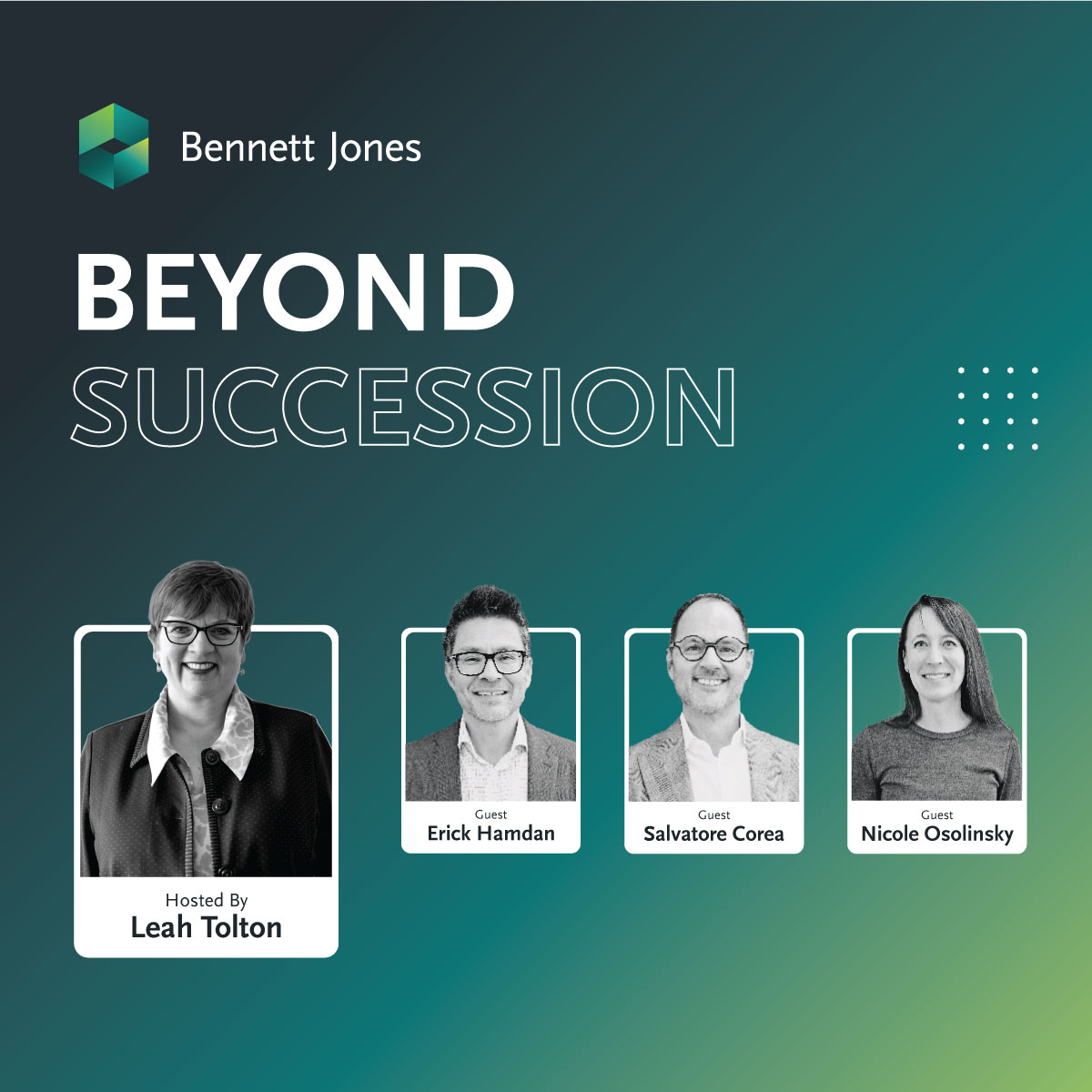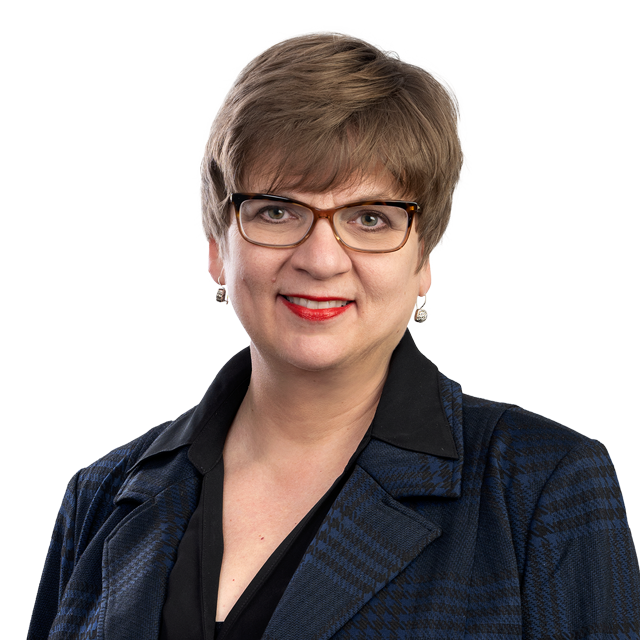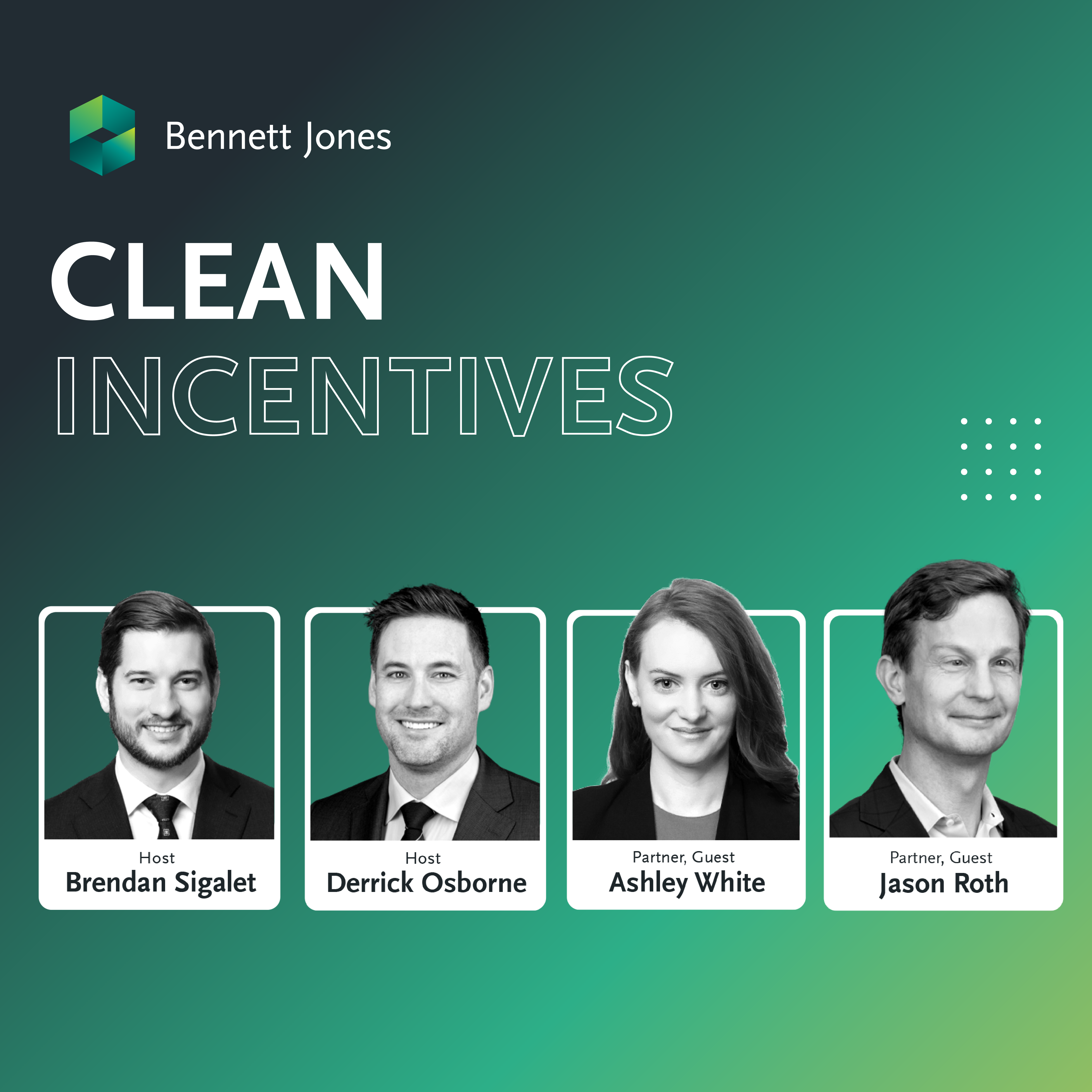It is not uncommon for family-owned businesses to have several family members involved in the business, whether it be on the board or in management. While this can be beneficial, it is important to ensure that successors are prepared for their roles. In this Beyond Succession podcast episode, we look at the tools available to help family successors be effective board members or managers, as well as how families can best deal with gaps to ensure a smooth transition to avoid any potential conflict.
Host Leah Tolton, a seasoned family enterprise lawyer, is joined by Erick Hamdan, Senior Advisor to Leder Holdings, Salvatore Corea, Certified Financial Planner and Principal at Sorrell Financial, and Nicole Osolinsky, Western Canada Tax Partner at KPMG. All three guests are experts in the family enterprise field and each provide a unique perspective and invaluable insights into this episode’s topic.
Tune in for a blend of wisdom, strategy and foresight that can transform the challenges of succession into opportunities for legacy-building and enduring success.



